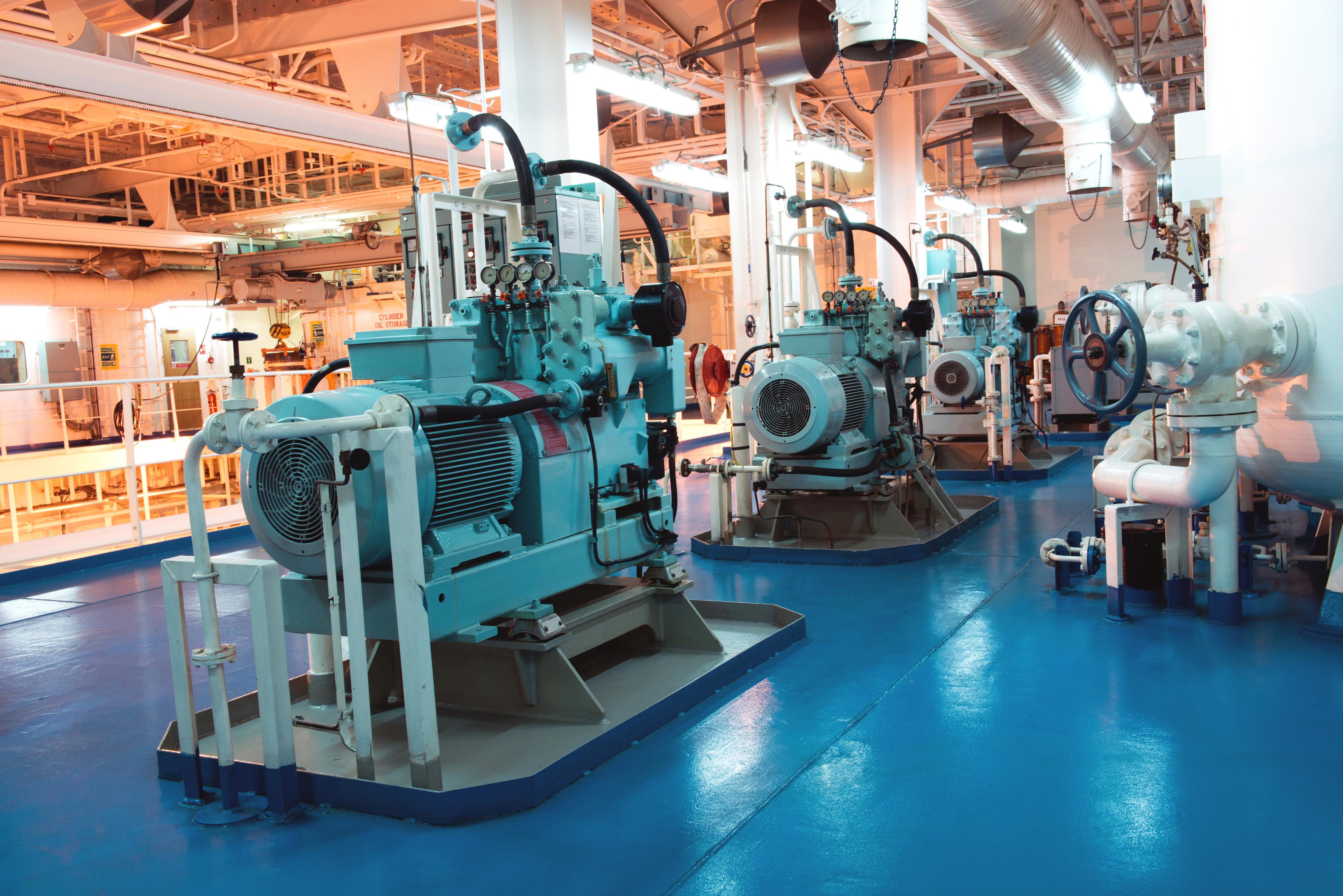ESOP-owned companies enjoy tax advantages that should factor into a company’s business planning, including how it funds the acquisition of fixed assets, like machinery and office equipment. Companies generally purchase fixed assets using: 1) cash from its balance sheet, 2) traditional debt financing (such as senior bank debt), or 3) equipment leasing. Most businesses elect to purchase assets using cash or debt because they can depreciate the value of the asset, which is tax deductible. However, for an ESOP-owned company that does not pay federal income taxes (e.g., a 100% S-ESOP), there are more limited benefits to owning equipment. As such, ESOP-owned companies could consider a lower cost equipment tax lease over an outright asset purchase.
Tax lease, what’s that?
A tax lease is a financing product that allows companies to finance up to 100% of the cost of an asset, then transfer the ownership and depreciation tax benefits to a qualified lessor, such as BMO Commercial Bank. This allows a company to take advantage of more competitive pricing for financing an asset purchase than using traditional bank financing.
Why might tax leases be the solution?
Equipment leasing is an extremely flexible financing solution as it allows for:
Availability across a wide variety of industries and equipment
Lower cost financing solution than traditional bank debt: Given the lessor (the bank) receives the depreciation benefits by owning the asset, it can pass on a lower cost solution to the company in return for this benefit
Simple fixed rate solution, which is beneficial in a rising interest rate environment
Flexibility at the end of the lease term for the lessee (e.g., the ESOP-owned company) to purchase the asset at current fair market value or return the asset if it no longer fits the business’ needs or is at risk of obsolescence
ESOP-owned companies should also evaluate potential impacts to a company’s valuation when contemplating an equipment leasing strategy, including:
Cost of financing: This will likely have the biggest impact on valuation as it directly impacts the company’s cash flows. As equipment leasing is generally the lowest cost debt solution, it will have the most favorable impact to valuation.
New Lease Accounting Standard (ASC 842): This brings tax leases onto the company’s balance sheet. Companies now need to record a lease liability (and possibly realize the net present value of rental payments) along with a corresponding right-of-use (ROU) asset, which could impact the company’s book value of equity over time.
Source of financing: If a company purchases an asset instead of leasing the asset, the cash or debt a company uses to finance asset purchase will decrease cash and/or increase debt. The company valuation should be materially unaffected regardless of the financing source.
When might owning be a better option?
While equipment leases can be a powerful solution for ESOP owned companies, it may not be the appropriate solution at all times. Some considerations of a leasing strategy include:
Cost of interest for the lease: The interest expense related to the lease should be less than the cost of bank financing. However, if a company has the cash to fund the asset purchase, that will save on interest costs. Businesses must evaluate all of their demands on capital and prioritize where to use their cash.
Flexibility in a downturn: If performance deteriorates and the company is not able to make its lease payments, the lessor could take back the asset. In that same situation, if the company owned the asset outright, then they could sell the asset to fund other obligations as needed.
Prepayment penalties: Equipment leases generally include prepayment penalties. If a company needs equipment for a short period of time, they should ensure the life of the lease matches the useful life of the asset.
As a result of the tax benefits of employee ownership, the benefit of asset ownership and depreciation is lessened. 100% S Corp ESOPs may wish to evaluate equipment leasing when acquiring a new fixed asset.
Which option is best for your business?
As with all financing decisions, no one solution is right for every business. Evaluating your company’s equipment needs, cash position and current and near-term growth projections, as well as current interest rates and other market conditions is essential when you’re deciding how to purchase equipment. However, because of the tax benefits of ESOP ownership, leases may be the most efficient vehicle to acquire the equipment you need to grow your business.
Leah Turnbull, Director, BMO Corporate Advisory, Bob Lehr, Director, BMO Equipment Finance, and Alex George, Senior Associate, BMO Corporate Advisory contributed to this article.
